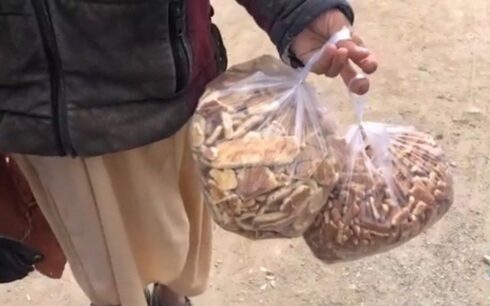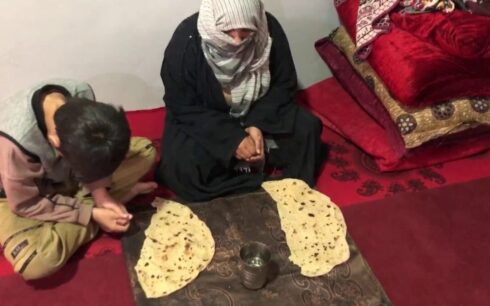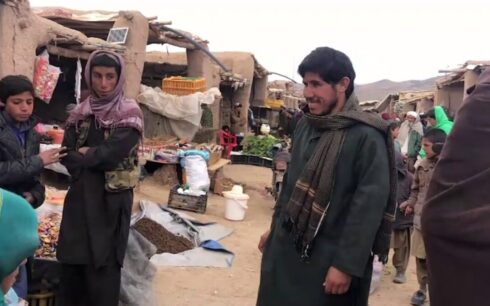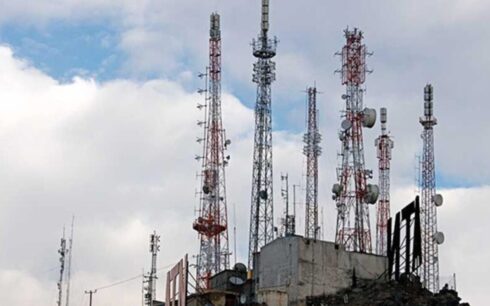The UN Office for Coordination of Humanitarian Assistance (OCHA) issued a statement on Tuesday indicating the urgent need for approximately $93.6 million to support 114,000 earthquake-affected individuals in Herat as part of the multi-sectoral Herat Earthquake Response Plan.
The plan, aimed at addressing the time-sensitive needs of the most vulnerable populations in earthquake-affected areas during the upcoming winter months, emphasizes the immediate requirements for temporary shelter, food, cash assistance, safe water, WASH supplies, emergency healthcare, and protection for affected families in the aftermath of the recent earthquakes.
OCHA said that As the harsh winter months approach, the plan also stresses the necessity of transitional shelter assistance, winter clothing, warm blankets, and heating materials to safeguard individuals from extremely cold temperatures.
The response plan’s humanitarian needs, response activities, and financial requirements will be incorporated into the 2023 Humanitarian Response Plan (HRP), which already accounts for 150,000 people affected by natural disasters this year. Furthermore, it acknowledges the role of basic human needs actors in providing longer-term recovery support to affected households, focusing on immediate, life-saving assistance.
Between October 7 and 15, three powerful earthquakes, each with a magnitude of 6.3, struck Herat Province, impacting 1.6 million people and leaving at least 114,000 in need of humanitarian assistance. Preliminary assessments revealed significant damage to villages and infrastructure, and ongoing assessments are underway to gauge the extent of the destruction.
According to OCHA, nearly 43,400 people across six districts have been directly affected by the recent earthquakes, with Injil and Zinjadin districts experiencing the worst impact. The earthquakes damaged homes, schools, health facilities, and other infrastructure, leaving many families living in makeshift shelters or informal settlement sites, exposed to various hazards.
OCHA said these earthquakes have struck vulnerable communities already grappling with conflict and under-development, leaving them ill-equipped to handle multiple shocks. The timing of the earthquakes at the beginning of Afghanistan’s lean season and just before winter has further strained households with limited food resources. Additionally, damage to water and sanitation points has raised concerns about disease outbreaks.
The organization said that Humanitarian partners are working closely with Taliban officials to provide relief and conduct multi-sectoral needs assessments. Initial relief assistance includes emergency shelter and household items, mobile health facilities, medical supplies, psychosocial support services, feeding programs for malnourished individuals, dignity kits, water distribution, latrine construction, hygiene kits, and food and cash assistance packages.





